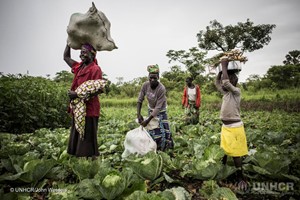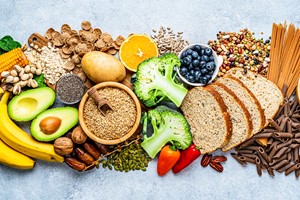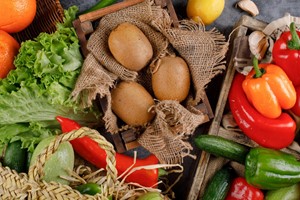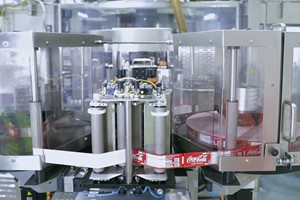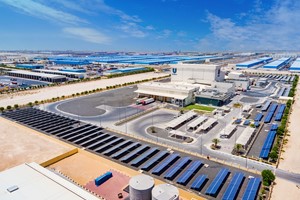In a groundbreaking discovery, a team of researchers from Singapore University has found a novel solution to the pressing issue of unsustainable fish feed production. By harnessing the untapped potential of soybean wastewater, the scientists have developed a sustainable and protein-rich alternative for feeding farmed Asian sea bass.
Soybean processing, a ubiquitous practice in the food industry, generates vast quantities of wastewater annually. However, within this seemingly inconsequential byproduct lies a valuable resource—single-celled bacteria capable of converting nutrients into protein at remarkable rates. Recognizing this opportunity, the research team embarked on a mission to rescue these bacteria from being wasted and transform them into a viable food source for aquatic organisms.
Collaborating with a local food processing company, the scientists collected soybean wastewater teeming with two types of protein-accumulating microbes, Acidipropionibacterium and Propioniciclava. They then deployed small-scale bioreactors to cultivate these microbes, providing them with the optimal conditions for growth. After several days of incubation, the protein-enriched bacteria were harvested from the wastewater sludge, processed into a nutritious mash, and prepared for feeding trials with juvenile Asian sea bass.
In the subsequent phase of their experiment, the researchers compared the growth and performance of sea bass fed with a diet comprising 50% bacterial protein and traditional fishmeal against those solely fed with fishmeal. Astonishingly, both groups of sea bass exhibited robust growth, meeting their nutritional requirements satisfactorily. Moreover, the sea bass fed with the alternative microbial protein diet displayed more consistent and predictable weight gain throughout the trial period, highlighting the potential benefits of the innovative feed formulation.
Beyond its implications for aquaculture productivity, the adoption of this alternative feed holds significant environmental promise. With fish farming emerging as a primary source of protein worldwide, the reliance on wild fish stocks for feed production has placed immense pressure on marine ecosystems. Additionally, conventional substitutes such as soybean meal entail substantial land and water usage, exacerbating environmental concerns.
However, the utilization of soybean wastewater, and potentially other agricultural byproducts rich in essential nutrients, offers a sustainable alternative that addresses both the environmental and economic challenges of fish feed production. By repurposing waste streams into valuable resources, this research embodies the principles of a circular bioeconomy, emphasizing the importance of resource efficiency and sustainability in modern agricultural practices.
In essence, the study underscores the adage that one person's trash can indeed become another's treasure, paving the way for a more sustainable future in aquaculture and beyond.
The innovative approach pioneered by the Singapore University researchers not only offers a solution to the pressing issue of unsustainable fish feed but also exemplifies the transformative potential of repurposing waste streams in pursuit of sustainability. As the world grapples with escalating environmental challenges, such resourceful initiatives stand as beacons of hope, heralding a paradigm shift towards a more circular and sustainable bioeconomy.
anthropocenemagazine.org - Emma Bryce









